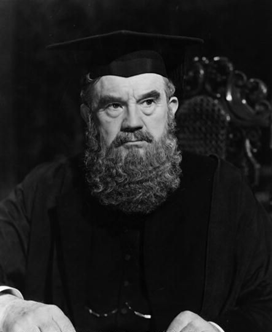Michael Gove’s speechwriter had probably read this before drafting the BETT address I discussed in my previous post. The Royal Society’s conclusions align closely with the direction of that address. The speech also refers to the report; Gove says “I'm looking forward to” reading it. It is therefore very likely that the recommendations will shape government strategy.
The Royal Society outlines a number of issues;
- the current ICT national curriculum tends to result in some shallow teaching
- there is a shortage of qualified teachers who can take it deeper
- there is a lack of CPD for teachers of computing
- school ICT infrastructures inhibit effective teaching of Computing
- the status of computing in schools needs to be lifted, and
- there needs to be better computing qualifications.
Here is are their recommendations;
- ‘ICT’ as a term should no longer be used but be replaced by digital literacy, Information Technology and Computer Science,
- the “government should set targets for the number of Computer Science and Information Technology specialist teachers, and monitor recruitment against these targets in order to allow all schools to deliver a rigorous curriculum”,
- the government should “set a minimum level of provision for subject-specific CPD for Computing teachers”,
- providers of managed service should “prepare a set of off-the-shelf strategies for balancing network security against the need to enable good teaching and learning in Computer Science and Information Technology”,
- “technical resources should be available in all schools to support the teaching of Computer Science and Information technology” examples might be “pupil-friendly programming environments such as Scratch, educational micro-controller kits such as PICAXE and Arduino, and robot kits such as Lego Mindstorms”,
- the curriculum orders need rewriting,
- KS4 computing science courses need developing, and
- there should be greater out-of-hours opportunities for doing computer science.
Numbers 3, 5 and 8 have resource implications and are therefore less likely to be enacted by the present government. We already know that Gove is considering (has decided) to suspend the national curriculum orders for ICT so number 6 is similarly ill-fated.
I haven't thoroughly read the report, only the executive summary and then skimmed the main body. It's a sizeable document at 85 pages and 8 appendices. It's also full to bursting with typos; scientists eh!
.png)


